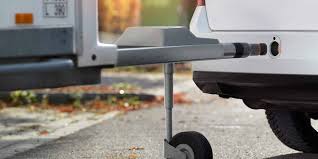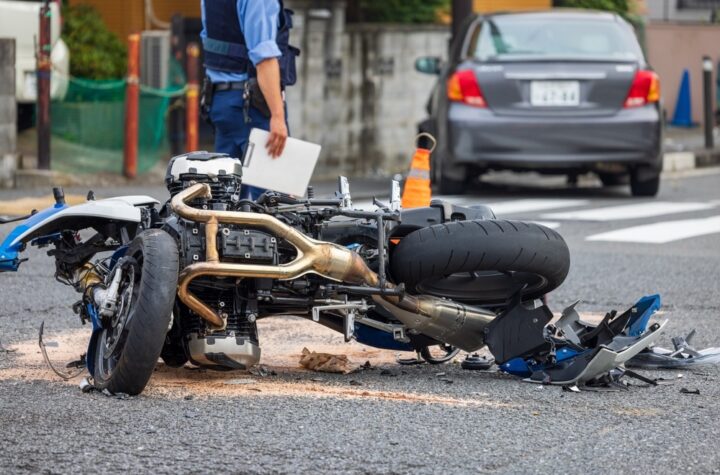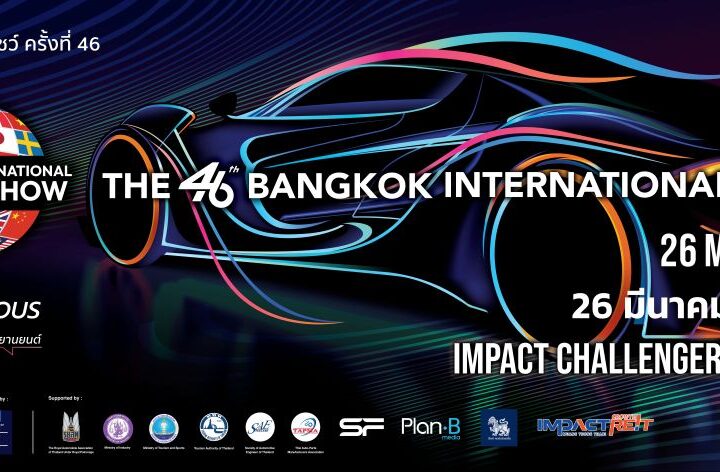
Why should connecting a trailer be such a hassle? So much so, in fact, that 50 per cent of people prefer not to bother at all. And why have towbars looked more or less the same since 1932? Technology company Semcon put together a team of women to provide more perspectives on product development, resulting in a new automatic concept where cars and trailers connect themselves together without the driver leaving the car.
Last spring, Semcon asked people for examples of products that were lacking women’s perspectives – and received more than 500 suggestions. A number of them mentioned how complicated it is to connect a trailer to a towbar, making them feel insecure when towing trailers, heavy horse boxes, caravans and boat trailers. A survey carried out by Inizio/Semcon shows that 50 per cent of people prefer not to use a trailer at all. And of them, 70 per cent are women.
“It’s easy to lose perspective – not least women’s perspectives – when the majority of technical developers are men. Because if people don’t see a product as problematic, there’s not all that much chance of them changing it. For us at Semcon, understanding end-users of all kinds is crucial so that we can develop products that benefit people as much as possible,” says Markus Granlund, CEO of Semcon.
A solution with new perspectives
An all-women team of product developers, took on the challenge. The objective was to create a concept for a smart, user-friendly solution that’s also futureproof for autonomous cars. The new towing concept, known as Automatic Trailer Connection (ATC), connects itself to the trailer. While you stay in your car.
“The wonderful thing is that this concept is based on the smart systems that cars are already equipped with nowadays. Given the vast amount of money that’s been spent on product development in the automotive industry over the past 80 years, it’s strange that nobody has done anything about towbars when so many people find it to be a complicated solution. New perspectives can sometimes be needed,” says Sofie Askenbom, project manager for the Add Perspectives team.
How the ATC concept works
When the car and trailer are about two metres apart, the car’s camera sensor can identify the trailer and connection begins. The driver presses “Auto Attach” on the in-car display and the car reverses autonomously towards the trailer. The car and trailer are both connected to the cloud, which allows them to communicate and position themselves correctly. Instead of a towbar, there’s a socket in the car’s bumper that secures and powers the trailer. No more cables are needed. It’s just like plugging in an ordinary device, and the connection is made autonomously by the car itself.
A mechanical locking mechanism inside the car’s socket secures the trailer. The in-car display then provides information on the weight and balance of the load, speed limits, brake lights, etc. The trailer’s jockey wheel is retracted automatically by means of an electric motor which is also used to adjust the height during the actual connection sequence. And then you’re ready to drive off.
“This concept was mainly devised to demonstrate what new perspectives can bring, but we’re hoping car and trailer manufacturers may be interested in taking it further in future,” says Sofie Askenbom.
Facts
The Automatic Trailer Connection (ATC) concept is a result of the Add Perspectives campaign launched by Semcon in spring 2018 to highlight the fact that more women are needed in the technology industry. A team of selected product developers, all women, chose to focus on the towing arrangement and the many manual operations needed to connect a trailer.
Team members:
Sara Nilsson, User Experience, Sofia Elmestrand, Design Engineering, Ida Borenstein, Communication, Malin Bengtsson, Design Engineering, Åsa Rudberg, Product Design, Sofie Askenbom, Project Management/Digital Development, Anna Lindahl, User Experience, Laura Masaracchia, Machine Learning, Lovisa Wargsjö, Design Engineering.
















More Stories
Industry-standard switching & simulation systems from Pickering Interfaces on show at Space-Comm Expo
Bangkok International Motor Show 2025 – The Talk of Sensuous Automotive
SEPA and Bidgely Release Report on the Power of AI for Transportation Electrification